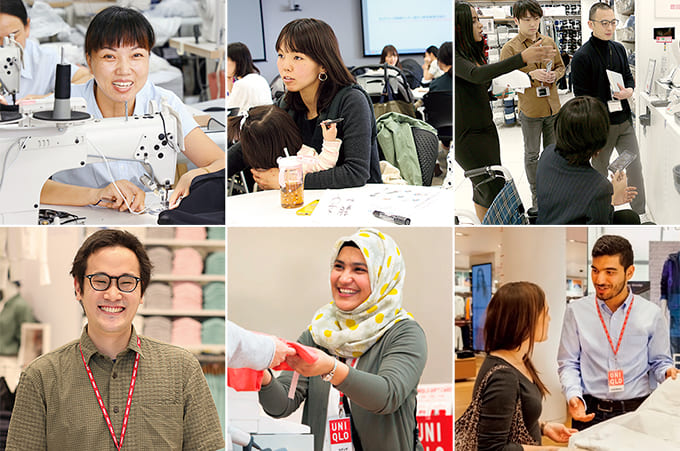Are you ready for a pay raise? It looks like it’s raining raises in corporate Japan as more and more companies are announce a pay increase as a response to the call from Japan’s Prime Minister for companies to help employees struggling with rising inflation costs.
Fast Retailing, the parent company of Japanese fashion chain Uniqlo has announced that it will be raising the pay of its full-time employees in Japan by up to 40%. This move comes as a response to the call from Japan’s Prime Minister for companies to raise wages in order to help employees struggling with rising prices. Despite inflation in Japan reaching its highest rate in decades, salaries have remained relatively flat.
Fast Retailing states that the pay increase is a way to “remunerate each and every employee appropriately for their ambition and talents, as well as increase the company’s growth potential and competitiveness in line with global standards.”
Under this new policy, recent university graduates will see their monthly salary increase from ($255,000 to $300,000), an almost 18% increase. New store managers in their first or second year in the role will see their pay go up by about 35%.

(Image credit:- Uniqlo)
This announcement from Fast Retailing is a refreshing change from the recent trend in Japan, where many companies have been slow to raise wages despite increasing prices. According to recent research, more than three-quarters of firms surveyed raised wages last year, but the majority of the increases were well below 10%.
Fast Retailing’s CEO, Tadashi Yanai, has been a trailblazer in the Japanese business community for some time now. In 2009, he announced that Uniqlo would be diversifying production out of China and starting to make clothes in Cambodia in order to lower costs. This decision was seen as a major gamble at the time, but it has since paid off for the company.
In recent months, Yanai has been critical of the Japanese government’s economic policies, especially when the yen weakened against other major economies late last year. He has also called for fundamental reforms to Japan’s economy to help protect ordinary people from the impact of rising prices.
It’s clear that Fast Retailing is taking a proactive approach to addressing the challenges facing its employees, and this pay increase is a step in the right direction. We hope to see more companies following their lead in the coming months.
Are you getting paid what you’re worth? The average annual wage in Japan might not be telling the whole story. According to the Organization for Economic Co-operation and Development (OECD), the average wage in Japan was $39,700 in 2021, significantly lower than the OECD average of $51,600 and the highest in the US at $74,700. But that’s not all, with rising consumer prices in Tokyo, it’s becoming clear that there’s a nationwide trend and a potential shift in monetary policy from the Bank of Japan.





